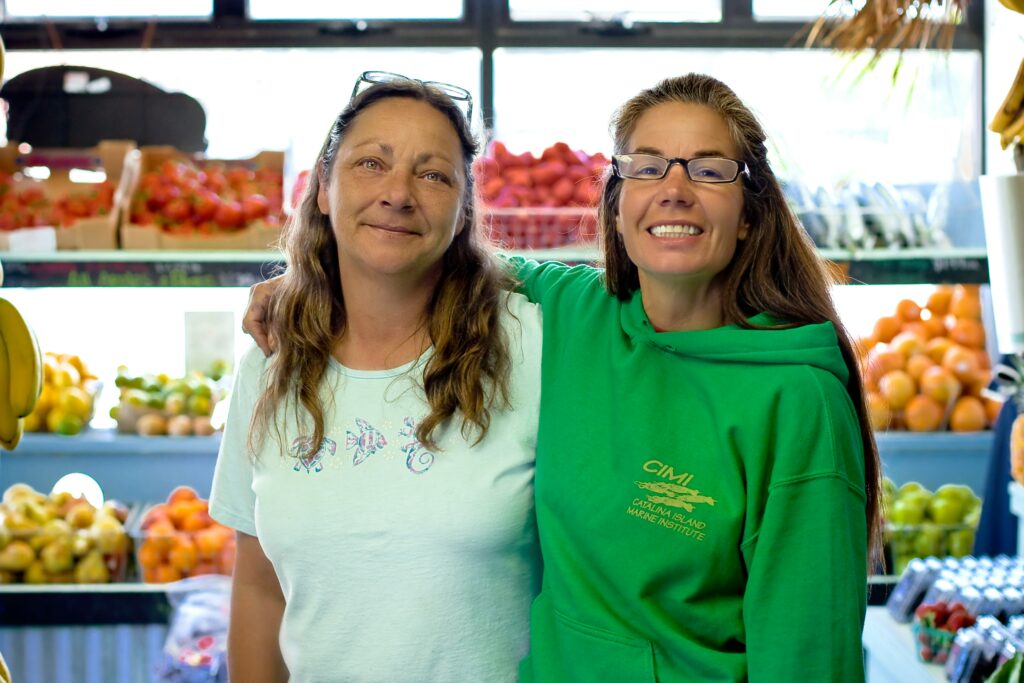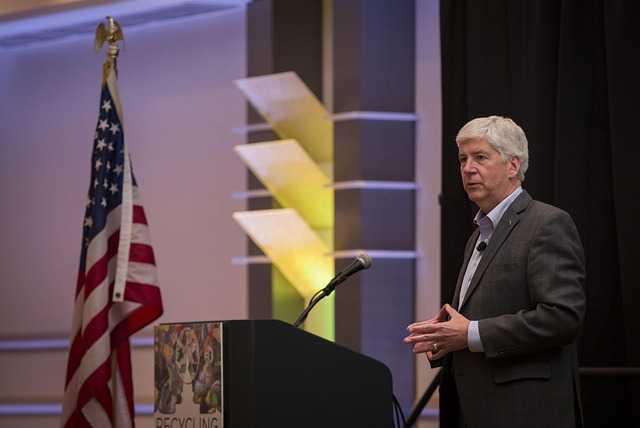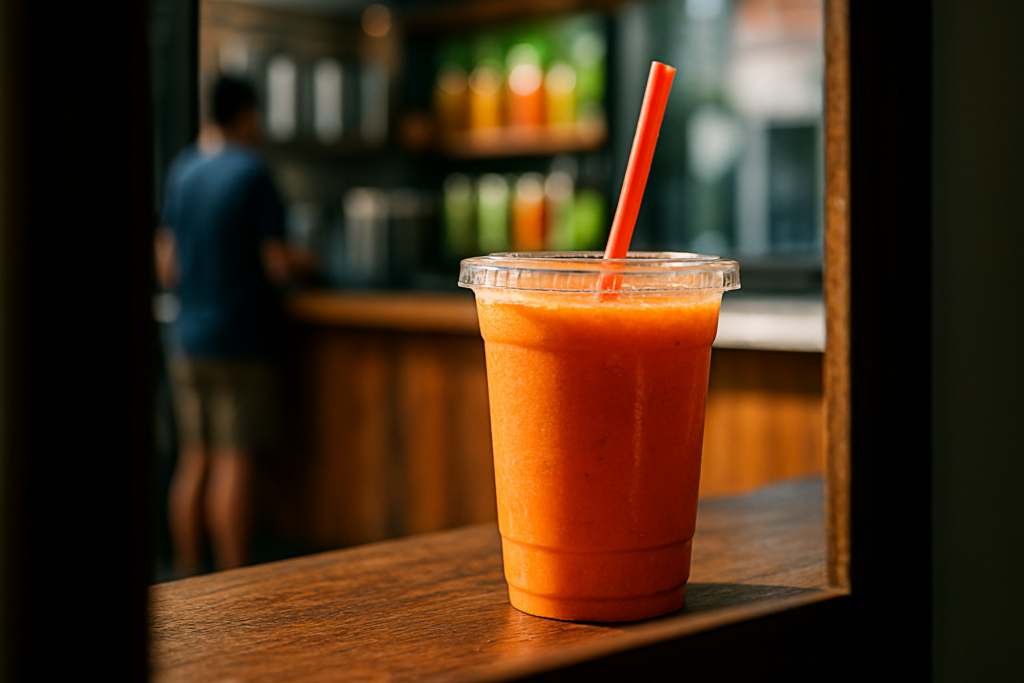How It All Started
The idea came from a simple frustration: buying groceries always meant ending up with more waste than food. After years of watching Lansing’s residents try to live more sustainably with few local options to support that effort the founders of the city’s first zero waste grocery decided to step in. Their mission was clear: give people a practical, local way to shop without unnecessary packaging.
Lansing had health food stores. It had co ops. But there was a gap where day to day groceries and sustainable living didn’t overlap. People wanted to buy pasta, oats, or spices without collecting a dozen plastic bags or twist ties in the process. This store aimed to fix that.
Of course, it wasn’t all smooth sailing. At first, some customers were confused do you really bring your own containers to shop? Others worried about cost or convenience. But community support built quickly. Neighborhood groups, students, even parents with kids in tow showed up. They asked questions. They came back. The store became more than a place to shop it became part of a shift in thinking.
How the Store Works
This zero waste grocery isn’t your typical supermarket. Shoppers walk in with their own containers anything from mason jars to clean yogurt tubs and weigh them empty before filling up. Grains, pasta, oils, spices, cleaning products it’s all offered in bulk bins or refill dispensers. You pay by weight, and you only take what you need.
Most of what you find in store is sourced locally or regionally, which cuts back on packaging and shipping waste. Producers deliver in reusable bins where possible. There’s an emphasis on seasonal goods, too, which means a smaller carbon footprint and more resilient supply chains.
Behind the scenes, the store runs on tight systems. Staff track inventory with minimal overstock to avoid spoilage or waste. They monitor buying patterns to adjust orders in real time, and items close to expiration are donated, discounted, or frozen depending on what’s possible.
The goal’s simple: nothing wasted, nothing extra. It’s harder than it sounds, but the payoff is a cleaner operation and a loyal customer base that genuinely cares.
What Makes It Eco Friendly

The foundation of Lansing’s zero waste grocery isn’t just its products it’s the building itself. The store was designed from the ground up with sustainability in mind, using salvaged wood, natural lighting, energy efficient insulation, and a polished concrete floor to reduce the need for synthetic materials. No frills, no wasteful decor just what works and lasts.
Energy usage is tracked and tested regularly. LED lighting, smart thermostats, and strategically placed skylights cut down on power needs. Refrigeration units rely on low emission coolant systems, and any waste heat is recycled to warm the office space in colder months. The store produces minimal trash (with compost and recycling making up the bulk of disposables), and packaging free inventory makes single use plastics virtually nonexistent.
Transportation is another area where the store stays lean. By sourcing almost exclusively from within a 50 mile radius, they reduce emissions, support nearby growers, and build relationships that stretch beyond contracts. When you see tomatoes in the bins or grains in the dispensers, there’s a fair chance they came from just down the road. It’s sustainability with a local backbone.
Community Impact and Education
The store’s mission goes well beyond selling groceries. Education and outreach are baked into the business model. From weekend workshops on plastic reduction and home composting to practical tips on building a low waste lifestyle, the team focuses on making sustainability less intimidating and more doable.
They’ve teamed up with schools for classroom visits, demo days, and Earth Week challenges. Local farms chip in on nutrition talks and fresh food literacy. Nonprofits contribute through mutual aid events and accessible zero waste starter kits for lower income families. The store wants to be a living classroom, not just a retail space.
By focusing on accessibility clear signage, low barrier pricing, and take home guides they’re pushing for real behavior change. It’s not about guilt or perfection. It’s about showing people that better choices are easier than they thought.
(See more on this: Lansing zero waste store)
Looking Ahead
Expansion Plans in the Works
Lansing’s first zero waste grocery store is already looking toward the future. Based on growing community demand and positive feedback, the team is exploring several key areas for expansion:
New Locations: Plans are underway to open additional stores in nearby towns and neighborhoods, carefully selected based on demographic interest and local sustainability efforts.
Sustainable Delivery Options: A low emissions delivery service model is being piloted, designed to maintain the store’s eco friendly ethos while offering added convenience.
Reusables Library: A lending system of reusable containers and shopping tools is being developed, aimed at helping new customers participate without needing to purchase containers upfront.
Remaining Challenges in the Zero Waste Model
While the store has made significant progress, moving toward a fully zero waste retail model is still a complex endeavor. Some of the ongoing challenges include:
Supplier Limitations: Not all suppliers offer bulk, package free options, limiting what the store can stock sustainably.
Consumer Accessibility: Balancing sustainability with affordability remains a challenge, especially for households on tight budgets.
Scaling Waste Tracking: As operations grow, tracking waste and resource use becomes more demanding, requiring investments in better systems.
Redefining Success Beyond the Bottom Line
For the team behind the store, success is measured by more than just revenue. Their broader definition of impact includes:
Environmental Metrics: Pounds of packaging waste prevented, reductions in emissions, and local sourcing percentages.
Behavior Change: Observing shifts in customer habits, such as container reuse rates and participation in educational events.
Community Wellbeing: Supporting local producers, fostering eco consciousness, and creating inclusive access to sustainable living options.
To dive deeper into the store’s philosophy and initiatives, read the full interview with the owner: Lansing zero waste store

 Keshian Bakerstell is a talented article writer and a unique voice at Your Local Insight Journal. Her writing brings a fresh perspective to the platform, capturing the essence of the Lansing, MI community with insight and creativity.
Keshian Bakerstell is a talented article writer and a unique voice at Your Local Insight Journal. Her writing brings a fresh perspective to the platform, capturing the essence of the Lansing, MI community with insight and creativity.
